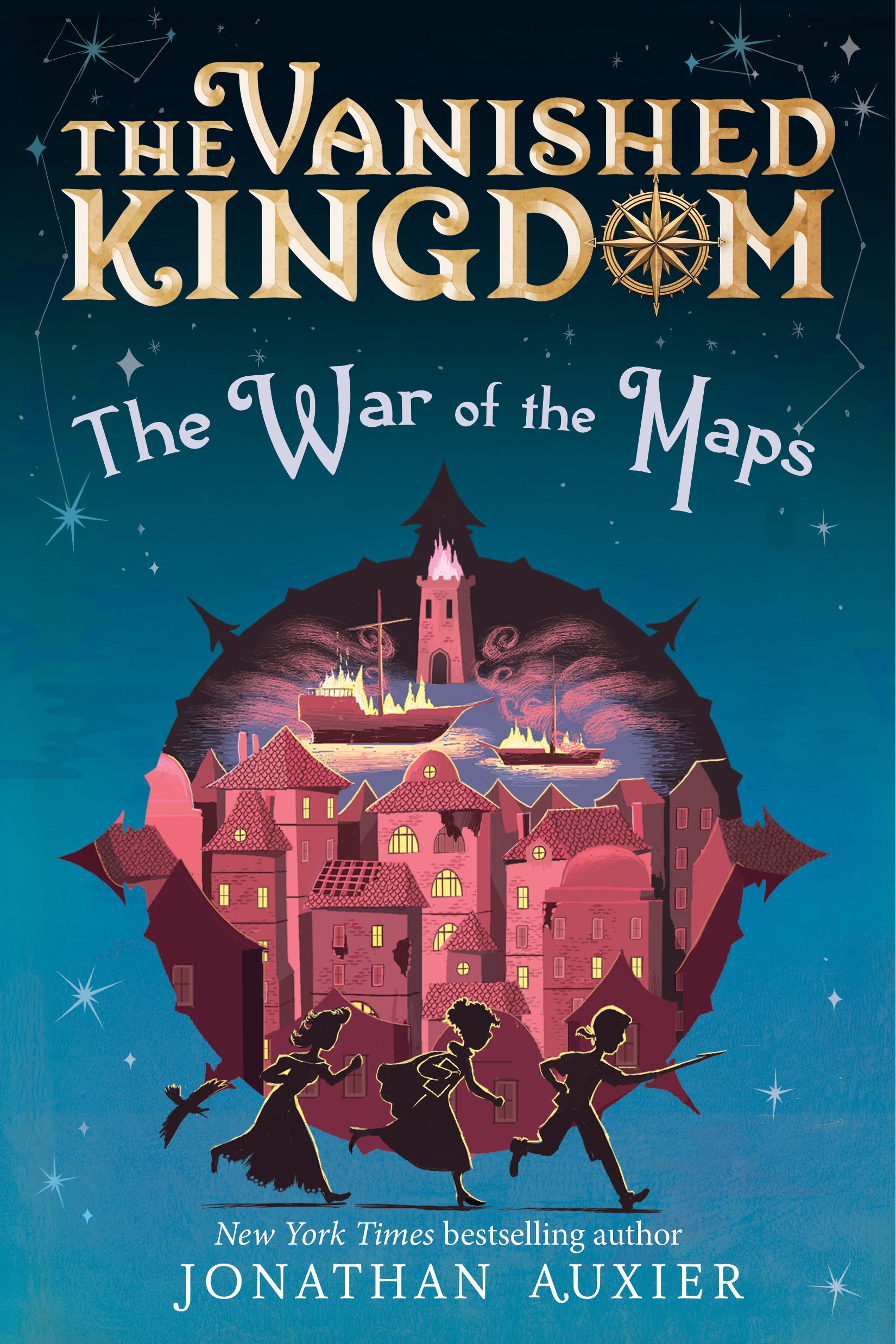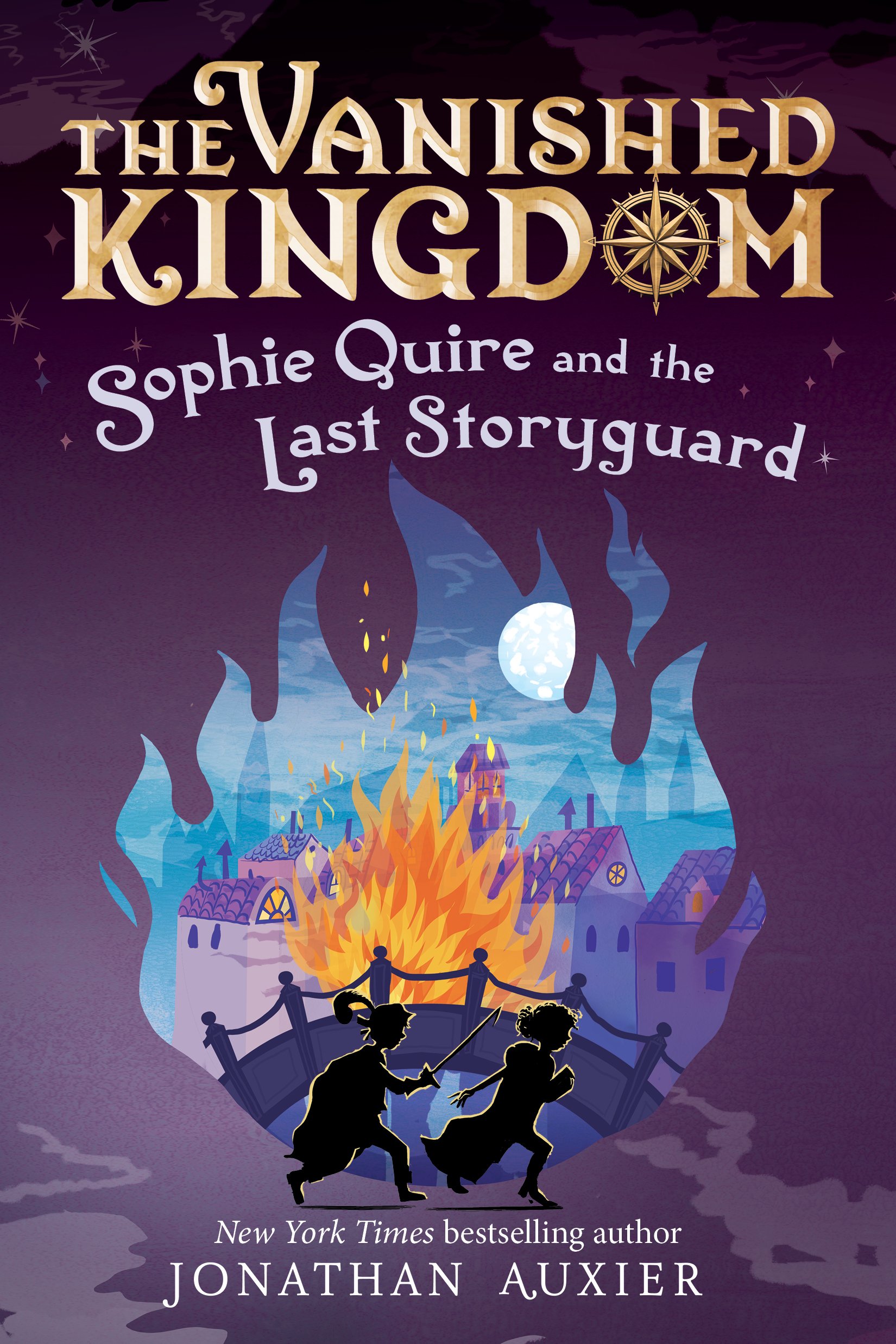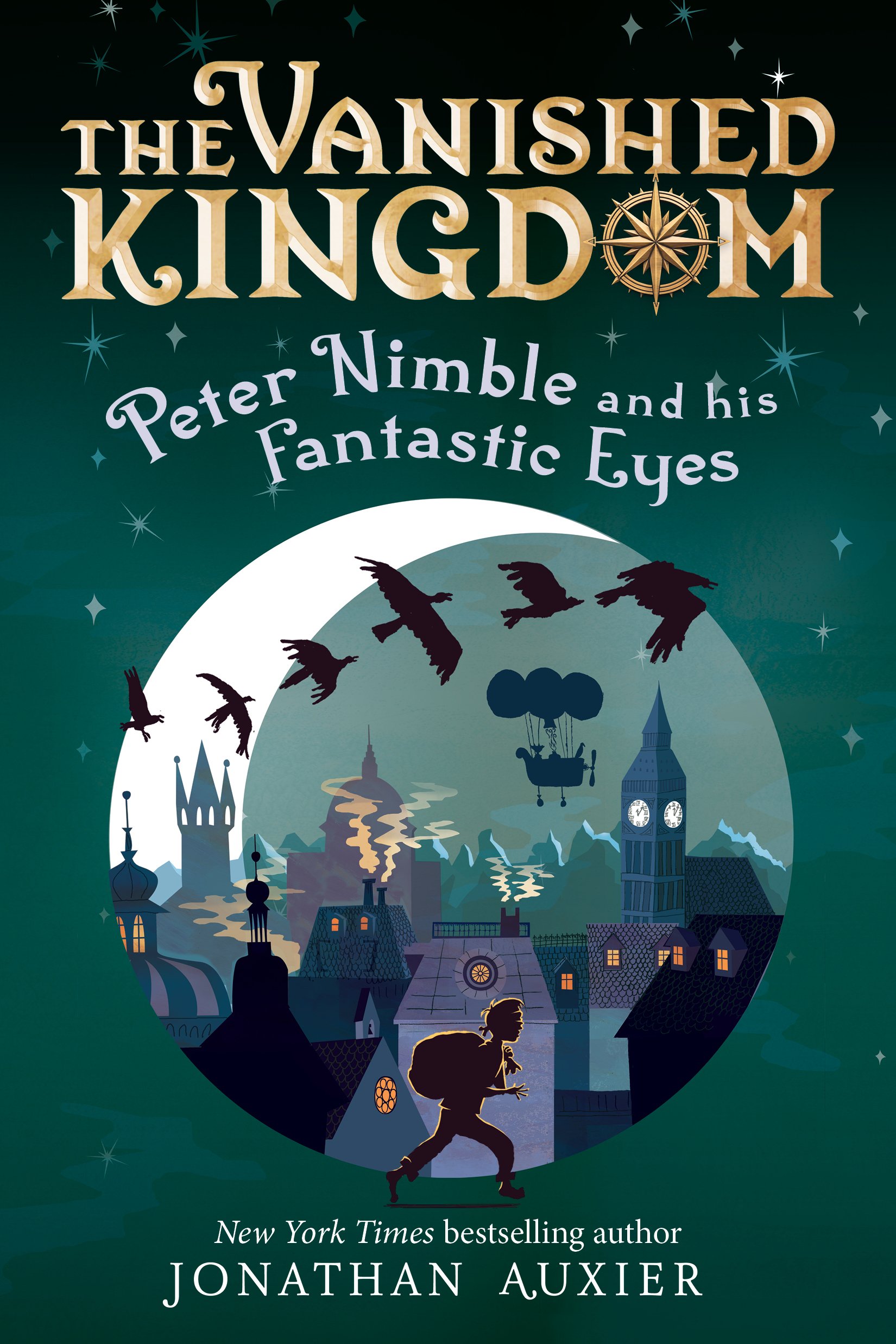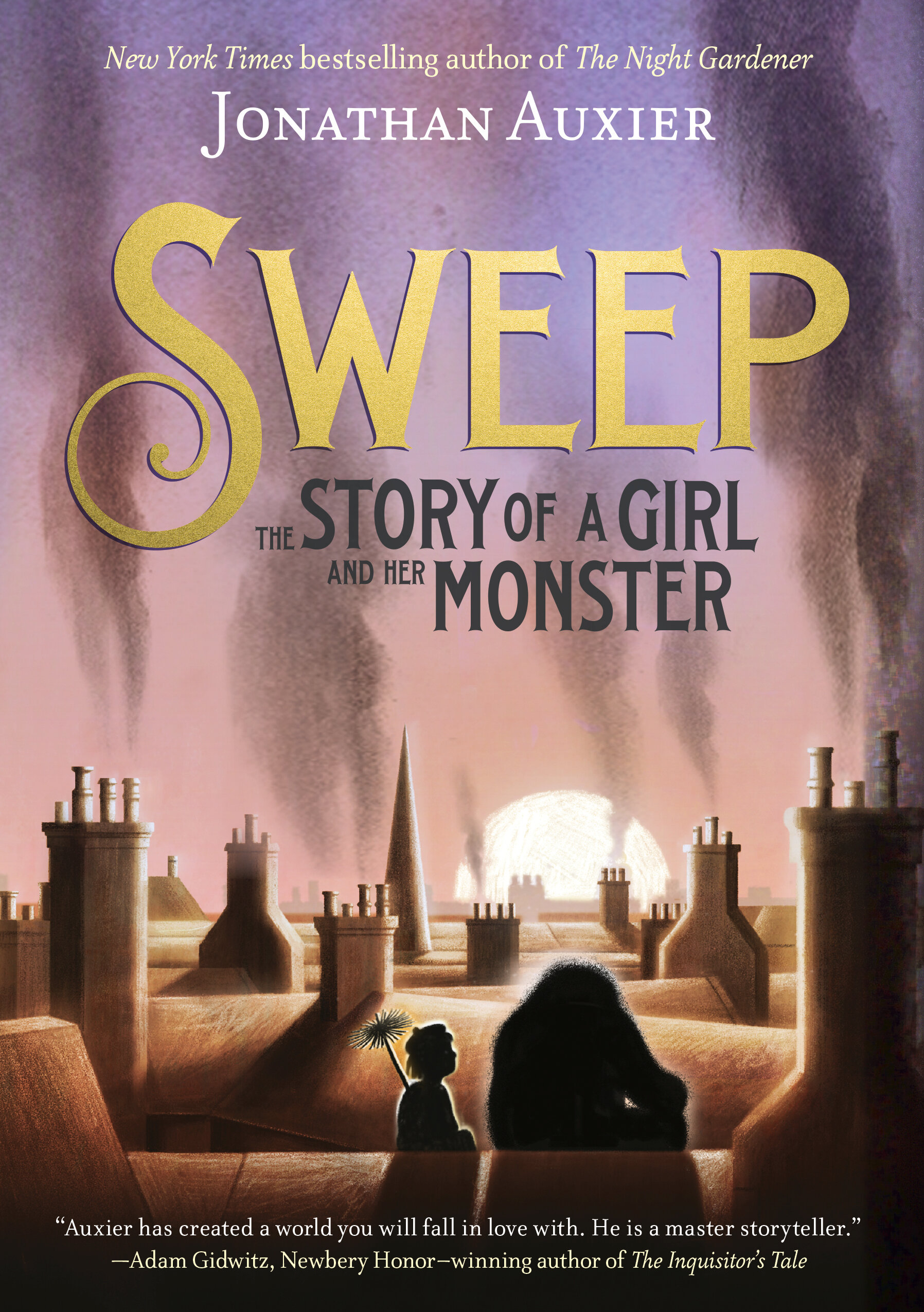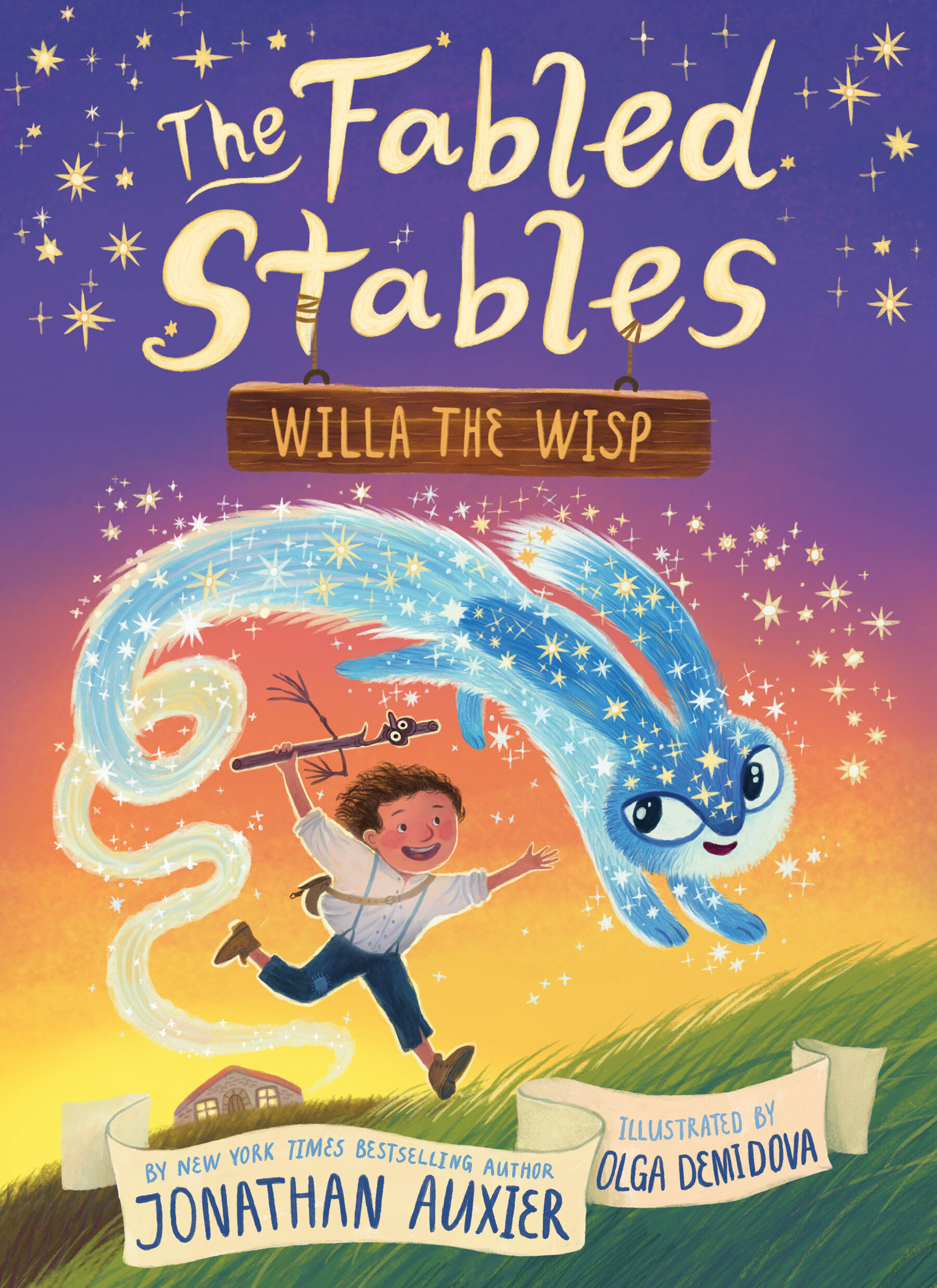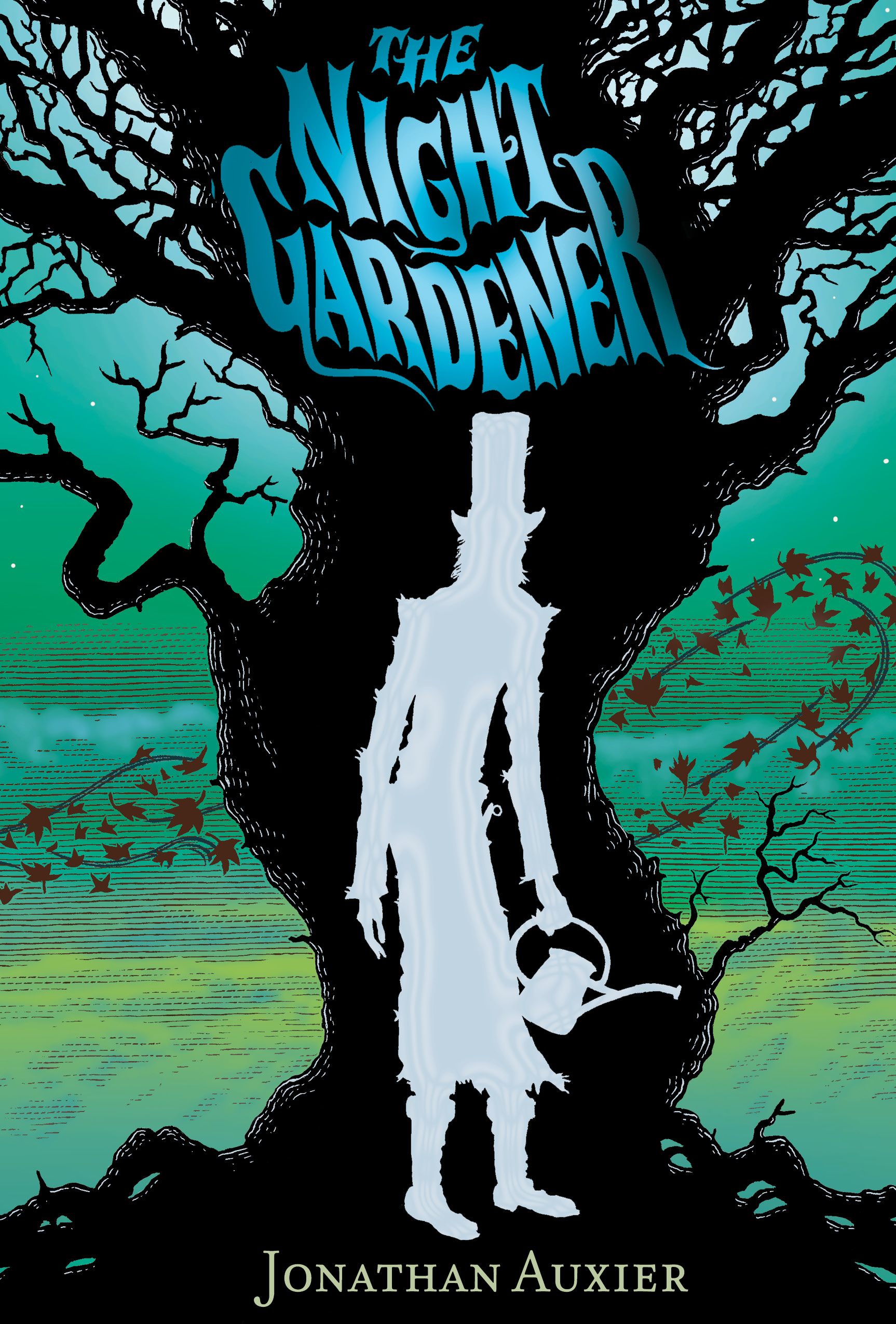Tribune-Review Interview
/Regent Square author makes case for value of storytelling
Rege Behe, Tribune-Review
Jonathan Auxier's mother, Doris Hutton, was raised on a wheat farm in a remote part of North Dakota. Hutton grew up in a strict and hard-working Catholic family where books and education were not the top priorities.
Somehow, Hutton became an avid reader, even though she had limited access to books and no one with whom to share her love of reading. By the time she was 15, she had read every book in the area's tiny library.
There was literally nothing left for her to read.
“Every time she would tell me about that, I would always add a ‘what if' to it,” says Auxier, the author the new young-adult novel “Sophie Quire and the Last Storyguard” (Amulet Books, $18.95). “I literally imagined, what if she found one last book and if it was more than just a story.
“I'd been sitting on that question for 20 years, and that was the seed that ‘Sophie' grew out of. … The germ of a lonely person in a community that doesn't read and is the only person who values these objects that are only as valuable as people think they are.”
Auxier will make an appearance on June 4 at Barnes & Noble at The Waterfront in Homestead as part of the Summer Reading Triathlon.
The title character in “Sophie Quire” is 12, a book mender who works in her father's bookshop. Sophie lives in Bustleburgh, where all citizens are compelled to attend Pyre Day, a burning ceremony of all things useless and nonsensical, from objects forged by dwarves to any book with a story. Auxier also uses the character of Peter Nimble, the blind boy thief, and his attendant, Sir Tode (part cat, part horse) from his first novel “Peter Nimble and His Fantastic Eyes.”
Auxier, who lives in Regent Square, struggled with the theme for two-and-a-half years before it found traction.
“Every single time I sit down to write a story, I'm swinging for the fences,” he says. “I'm trying to write something that frightens me a little bit and is harder than what I can do … The first two books had a consistent theme, the power and significance of storytelling.”
But as he toured to promote his books (his second novel is “The Night Gardener,” about two Irish siblings working at a creepy English estate), Auxier was plagued by doubts. Was storytelling at all important or essential? “Sophie Quire” became a vehicle to explore and, hopefully, reinforce his own beliefs in the power of story.
“My main goal, through story and the world I've created, was to explore the question of what stories mean,” Auxier says. “And that was a very difficult process. It's easy to say platitudes about books and stories being nice, the cutesy bookish stuff that librarians like to read. But if I want to push those questions deeper, it becomes complex, because books don't feed an empty belly or suture a wound.”
To do that, Auxier fashioned a story about Sophie's attempt to save a magical book from the Pyre Day festivities. Superficially, it can be read as a screed against banning books. But Auxier was aiming for a more in-depth and nuanced tale.
“‘Peter Nimble' was a story that was effectively about the tyrannical use of power,” he says. “I wanted to make sure I wasn't repeating the same threat because evil has so many different faces. I specifically wanted the source of evil in this book to be a kind of apathy, or an embarrassment, about things that felt special to us in our youth.”
Rege Behe is a Tribune-Review contributing writer.



